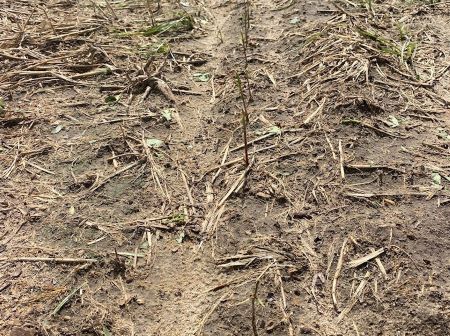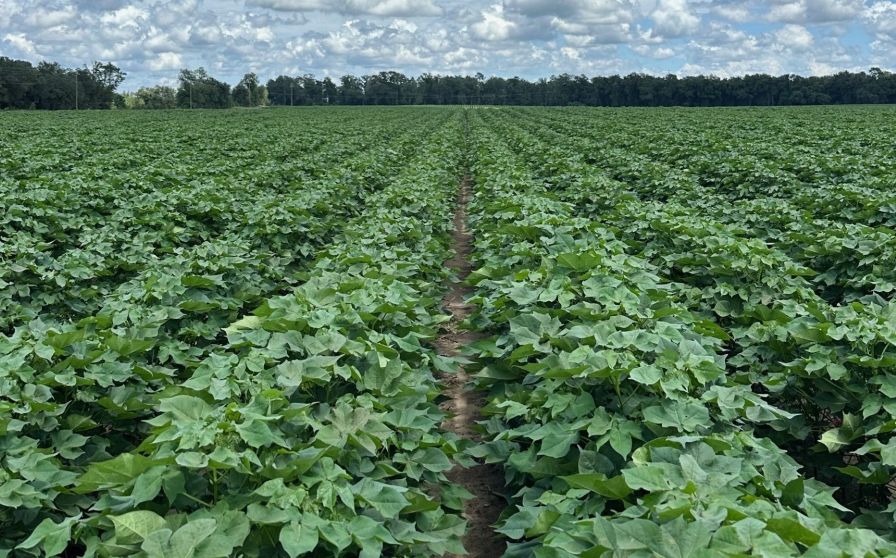Export Sales of U.S. Cotton Improve in Face of Lagging Demand
Cotton prices slipped into the 60s at week’s end as the longstanding 70-71 cent price support level was penetrated in the face of the declining demand. In fact, all old crop futures prices have moved lower for four consecutive weeks. December futures lost 310 points over this period. The current support level now rests near 67 cents.
While export sales of U.S. cotton are slightly improved, demand continues to lag USDA estimates. More importantly, there is little to no evidence of any improvement in demand during the coming six months. Thus, December futures will likely trade in the 67-72 cent area through January-February 2025.
Additionally, we continue to suggest the market will not cover storage and other carrying costs between now and July 2025. Expect nearby futures to trade between 67-72 cents between now and February 2025. The trading range from February to May is forecast to be between 72 and 75 cents. The December 2025 contract will likely reach as high as 80 cents, but not until after July/August 2025.
Weekly export sales were good, as net sales of upland climbed to 189,400 bales. But there was a lack of depth in purchases as only three countries – Vietnam, China and Pakistan – accounted for about 82% of all sales. Vietnam was the principal buyer, taking 98,000 bales. Export shipments continue to lag the level needed to meet the USDA estimate for the year. Weekly shipments totaled only 134,300 bales, about 100,000+ bales below the weekly level needed to reach the USDA estimate for the year.
With 39 weeks remaining in the marketing year, there is ample time to ramp up exports. However, the major concern is that poor demand will cause USDA to reduce its estimated level of exports, resulting in an increase in U.S. ending stocks, which adds more bearish pressure.
The 3-day Jim Rogers’ long-only spec funds completed their rolls – sell March-buy December – on the week, and the larger pool of spec fund rolls, Goldman Sachs, will begin this Thursday and take five days to complete. These rolls will tend to keep the March contract on the defense, and the contract should also begin to show a decline in open interest.
The December contract settled the week under the 10-,20-,50-,100-,and 200 day moving averages – another signal of near-term bearishness in the market. Near-term bearishness continues to dominate the market; however, higher prices will surface for the 2025 crop. Cotton has been undervalued for most of the year, and supply demand factors call for higher prices late in the 2025 growing season.
Promote cotton!
Give a gift of cotton today.









